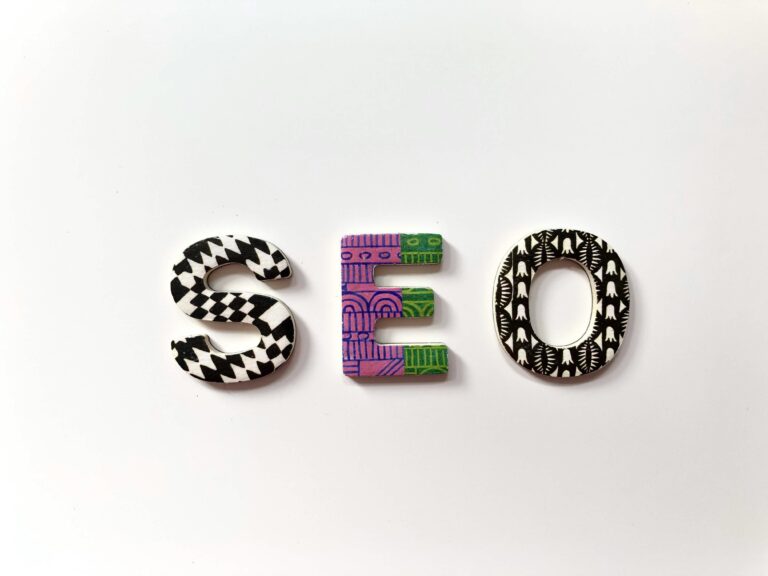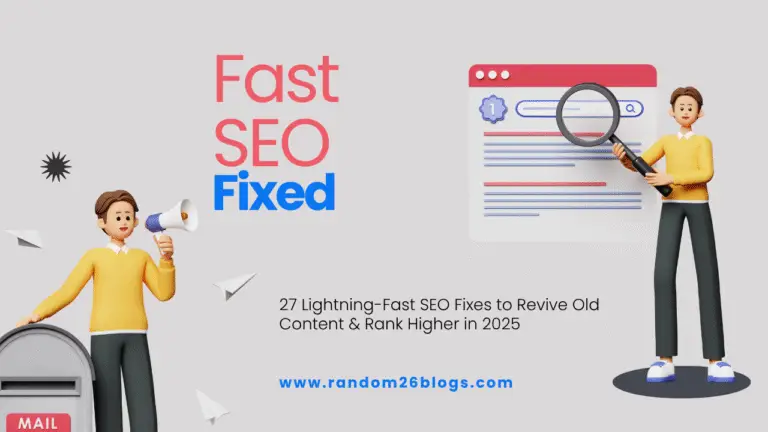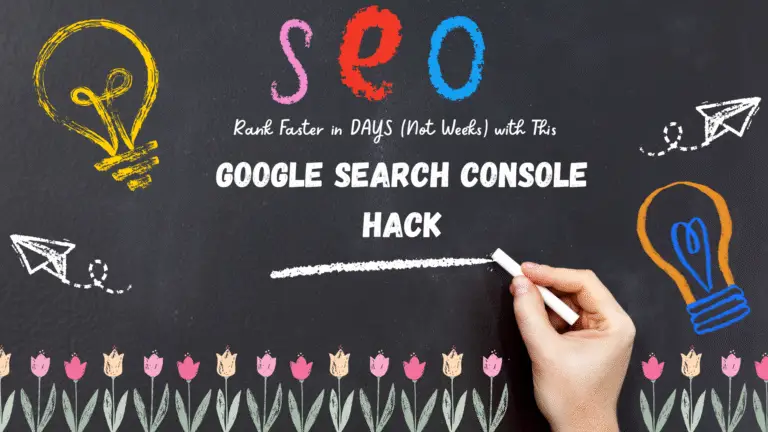Discover how AI-powered content is revolutionizing the way businesses create and distribute content in this comprehensive article. From its rise to the benefits it offers for both businesses and consumers, learn how AI is changing the content creation process. Explore the future implications and challenges of AI in content creation and stay ahead of the game with this informative guide. Optimized for SEO, this article provides valuable insights into the booming world of AI-powered content.
The Rise of AI-Powered Content
In recent years, the field of artificial intelligence (AI) has made significant strides in transforming various industries, including content creation. AI-powered content creation is a rapidly growing trend that is revolutionizing the way businesses and individuals create and consume content. With the help of AI algorithms, machines are now capable of generating high-quality content that is indistinguishable from human-generated content. This development has opened up new possibilities for businesses looking to streamline their content creation process and reach wider audiences. In this article, we will explore the rise of AI-powered content creation, how it is changing the content creation process, its benefits for businesses and consumers, and the future implications and challenges of AI in content creation.
How AI is Changing the Content Creation Process
Artificial intelligence (AI) is revolutionizing the content creation process. With AI-powered tools, content creators can now automate various tasks that were previously time-consuming and required human intervention. For instance, AI algorithms can generate text, images, videos, and audio content with minimal human input. This means that content creators can focus on more creative aspects of content creation, such as ideation and strategy development.
AI-powered content creation tools use machine learning algorithms to analyze vast amounts of data and learn from it. This enables them to create content that is tailored to specific audiences, based on their preferences and behavior. For example, an AI tool can analyze a user’s search history and social media activity to create personalized content recommendations.
AI-powered content creation tools can also optimize content for search engines and social media platforms. They can analyze keywords, meta tags, and other SEO factors to ensure that the content ranks high in search results. Additionally, they can analyze engagement metrics such as likes, shares, and comments to identify what type of content resonates with the audience and adjust future content accordingly.
AI-powered content creation tools are changing the way content is created and consumed. They offer numerous benefits, including increased efficiency, personalization, and optimization. However, there are also challenges associated with AI in content creation, such as ethical concerns and the need for human oversight. In the next section, we will explore these benefits and challenges in more detail.
Benefits of AI-Powered Content for Businesses and Consumers
AI-powered content creation has numerous benefits for both businesses and consumers. For businesses, AI can help streamline the content creation process, allowing for faster and more efficient production of high-quality content. This can save businesses time and money while also improving their overall marketing efforts.
AI can also help businesses personalize their content to better target specific audiences. By analyzing data on consumer behavior and preferences, AI algorithms can create content that is tailored to individual users’ interests and needs. This can lead to higher engagement rates and increased customer loyalty.
For consumers, AI-powered content can provide a more personalized and engaging experience. By analyzing user data, AI algorithms can recommend content that is relevant and interesting to each individual user. This can help consumers discover new products, services, and ideas that they may not have otherwise found.
Additionally, AI-powered content can be more accessible to individuals with disabilities. For example, AI can generate captions or audio descriptions for videos, making them more accessible to those who are deaf or hard of hearing.
Overall, the benefits of AI-powered content creation are numerous and far-reaching. As AI technology continues to advance, we can expect to see even more innovative and impactful uses of AI in content creation.
Future Implications and Challenges of AI in Content Creation
As AI-powered content creation continues to evolve, it is important to consider the potential implications and challenges that may arise in the future. One of the main concerns is the possibility of AI-generated content becoming too advanced and indistinguishable from human-created content, leading to issues with authenticity and transparency.
Another challenge is the potential for AI to perpetuate biases and stereotypes, as it may be programmed with certain biases or learn them from existing data sets. This could have negative consequences for marginalized communities and perpetuate harmful narratives.
Furthermore, there are concerns about the impact of AI on employment in the content creation industry. As AI becomes more sophisticated, it may replace human jobs and lead to a shift in the job market.
Despite these challenges, the future of AI-powered content creation holds immense potential for innovation and efficiency. It has the ability to streamline the content creation process, improve accuracy and speed, and provide personalized experiences for consumers.
To mitigate the potential negative impacts of AI in content creation, it is important for businesses and creators to prioritize ethical considerations and ensure that AI is used responsibly and transparently. Additionally, investing in education and training for individuals in the industry can help prepare for the changing landscape of content creation.









